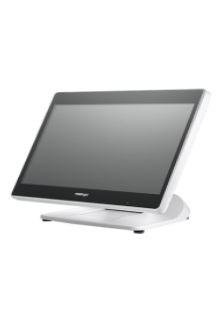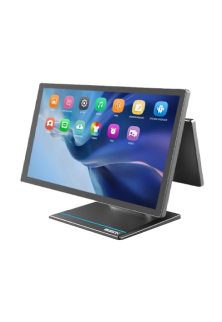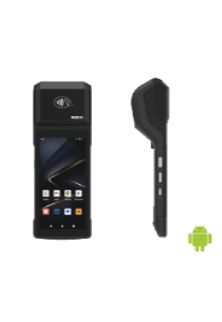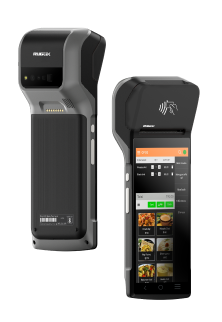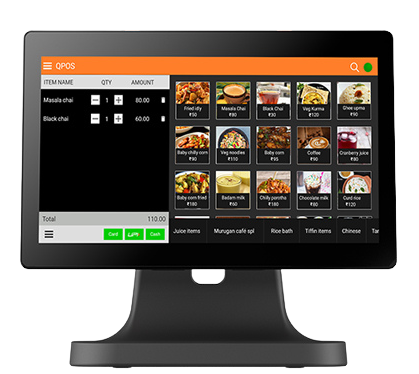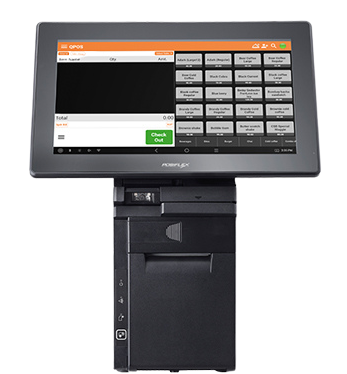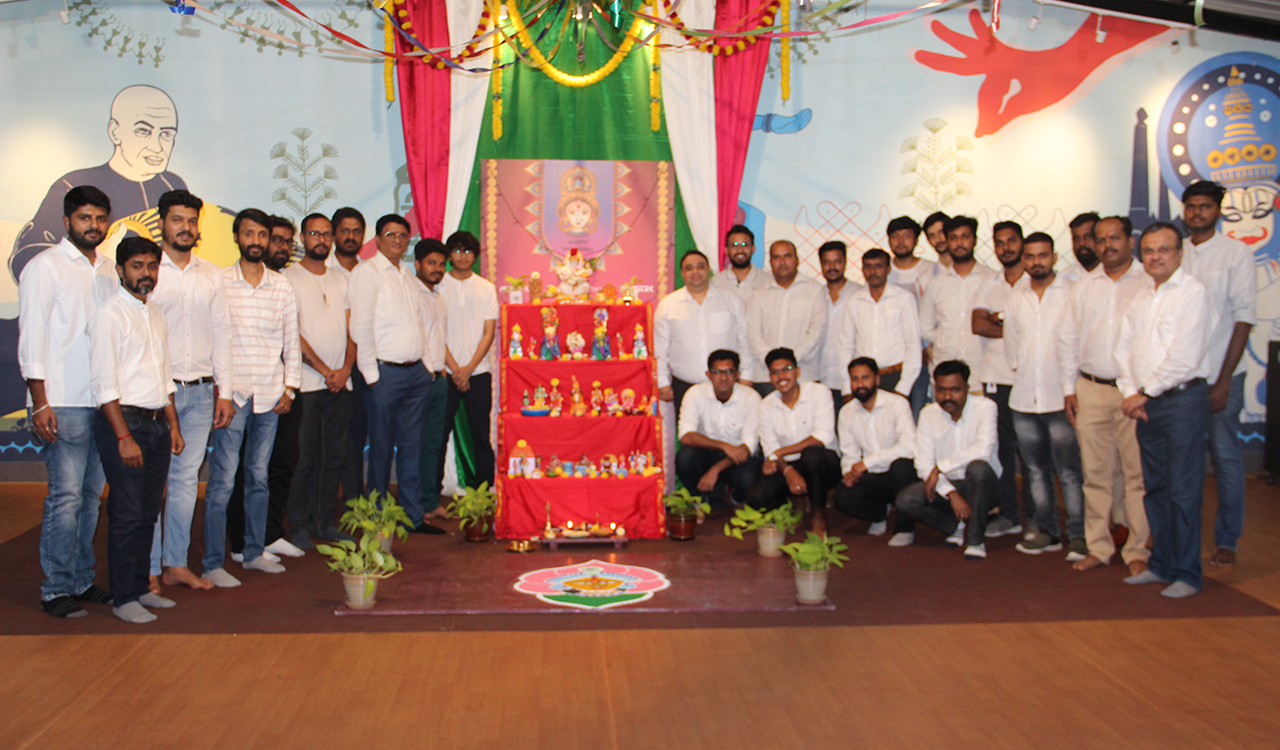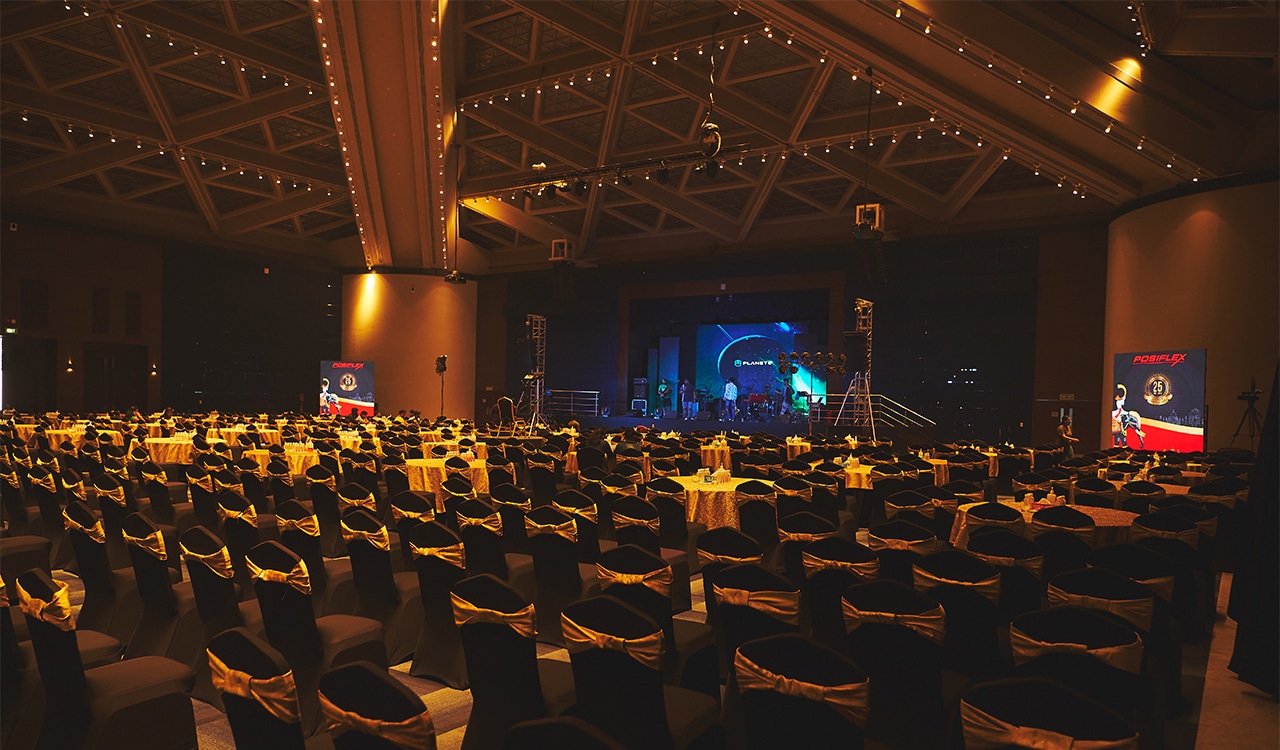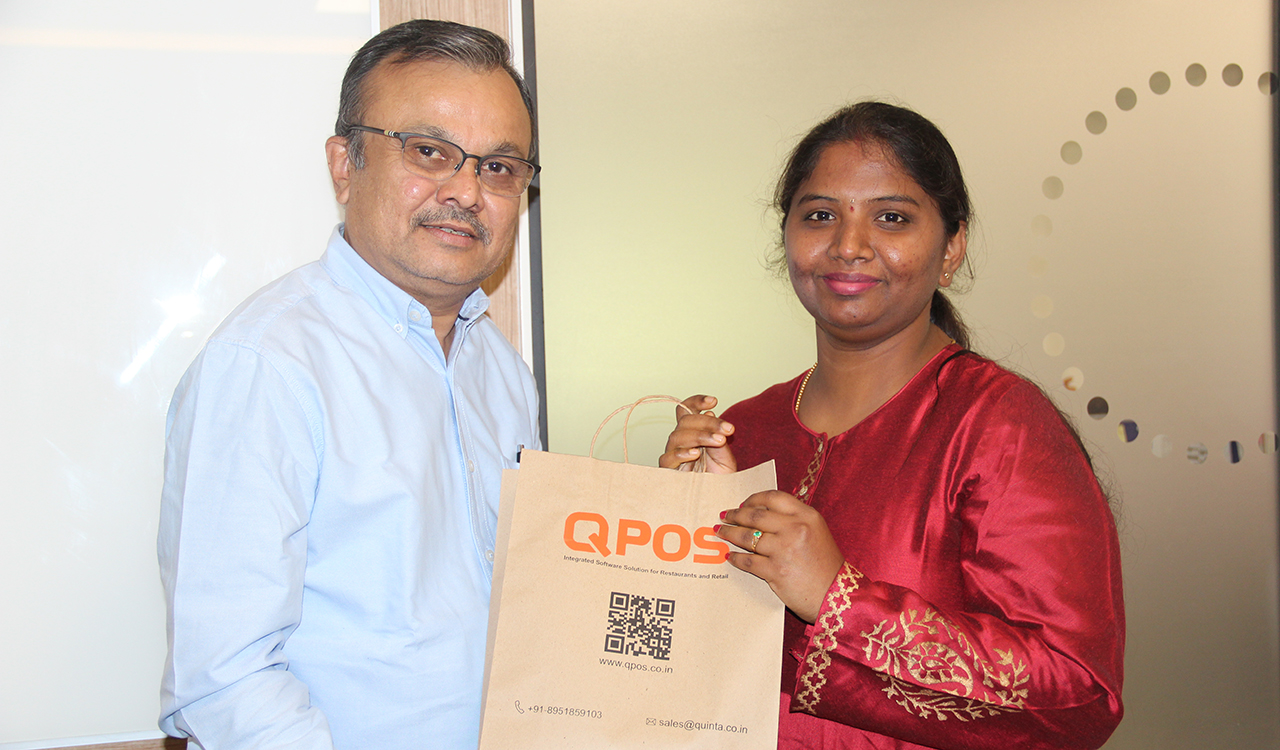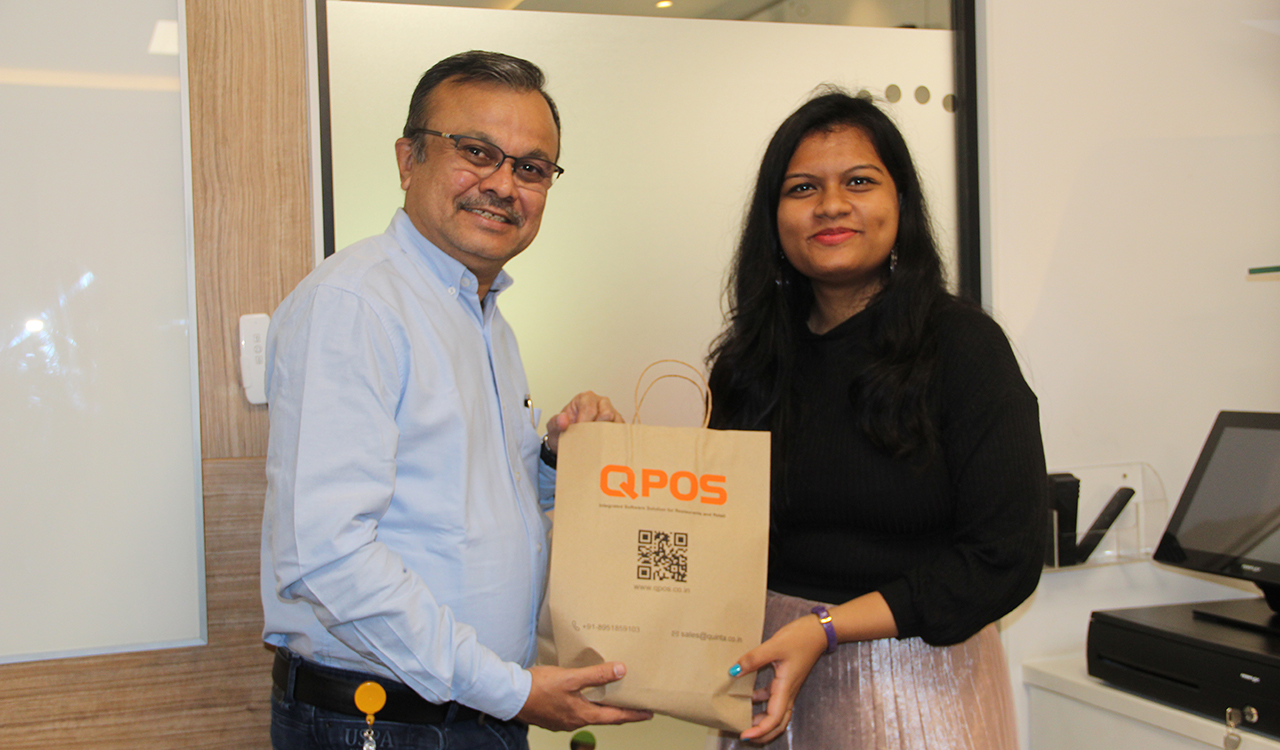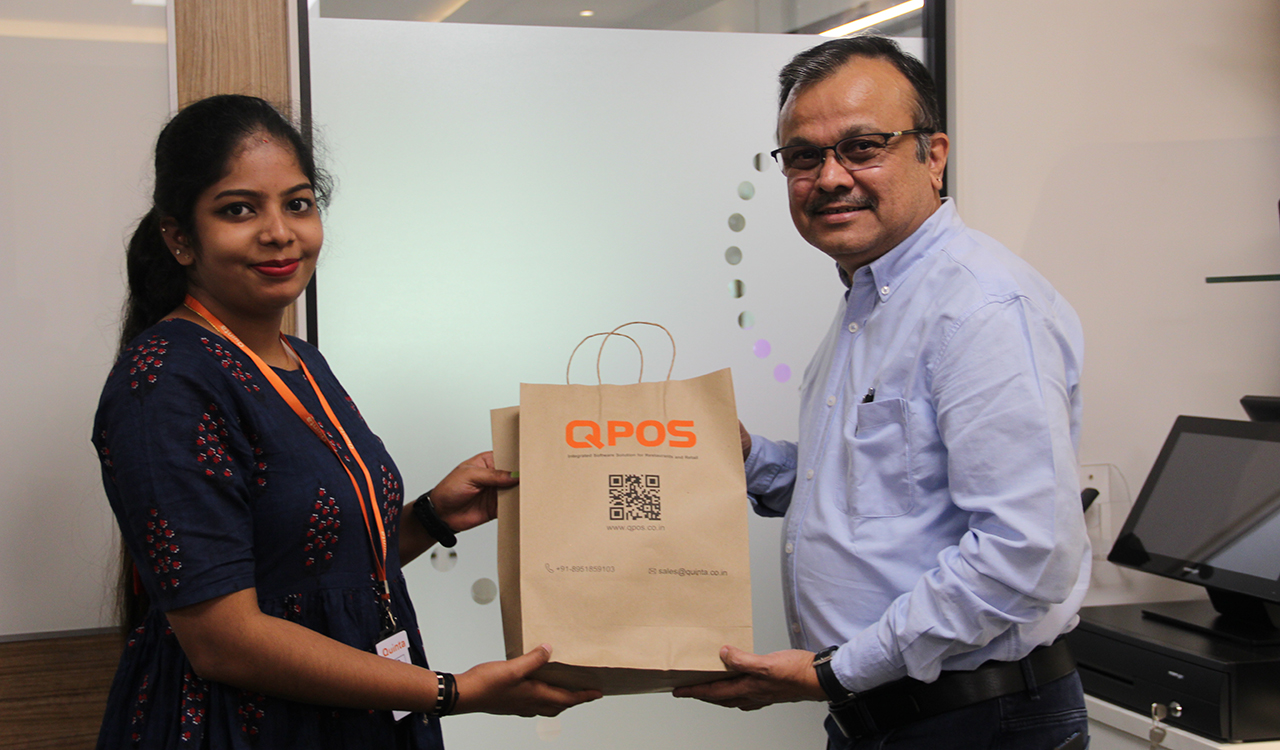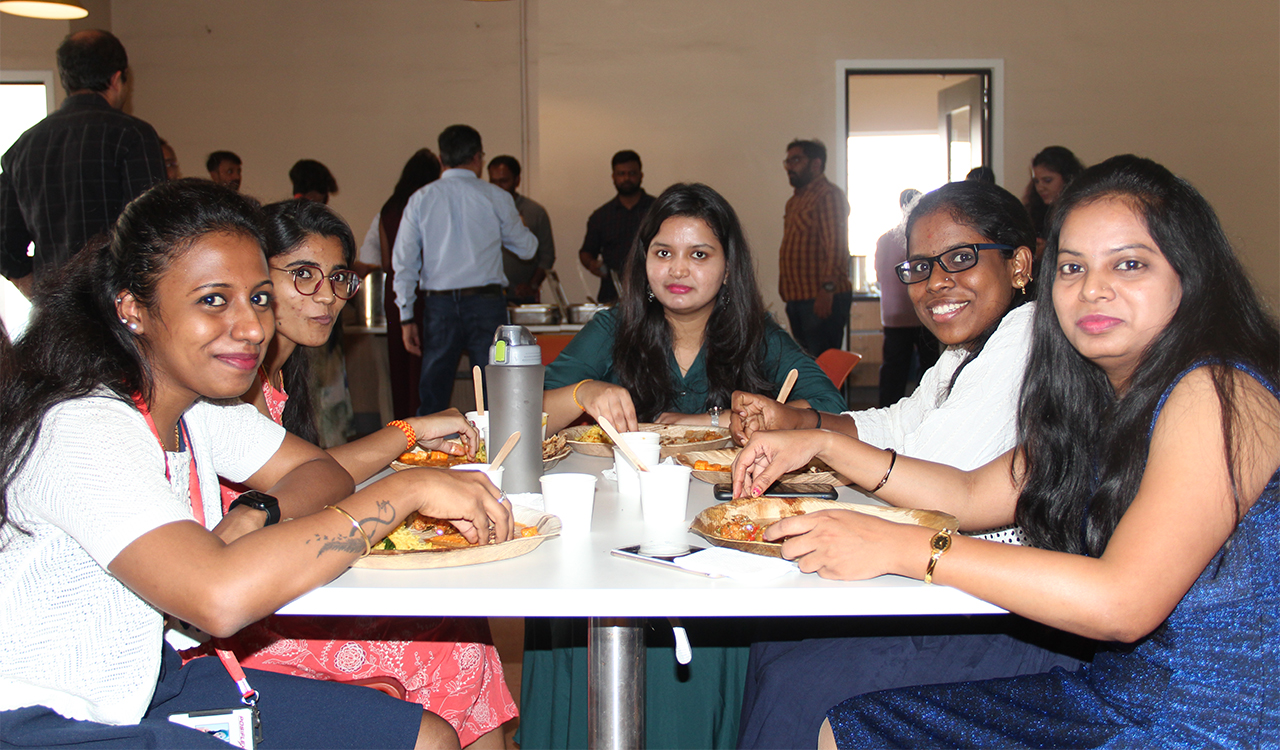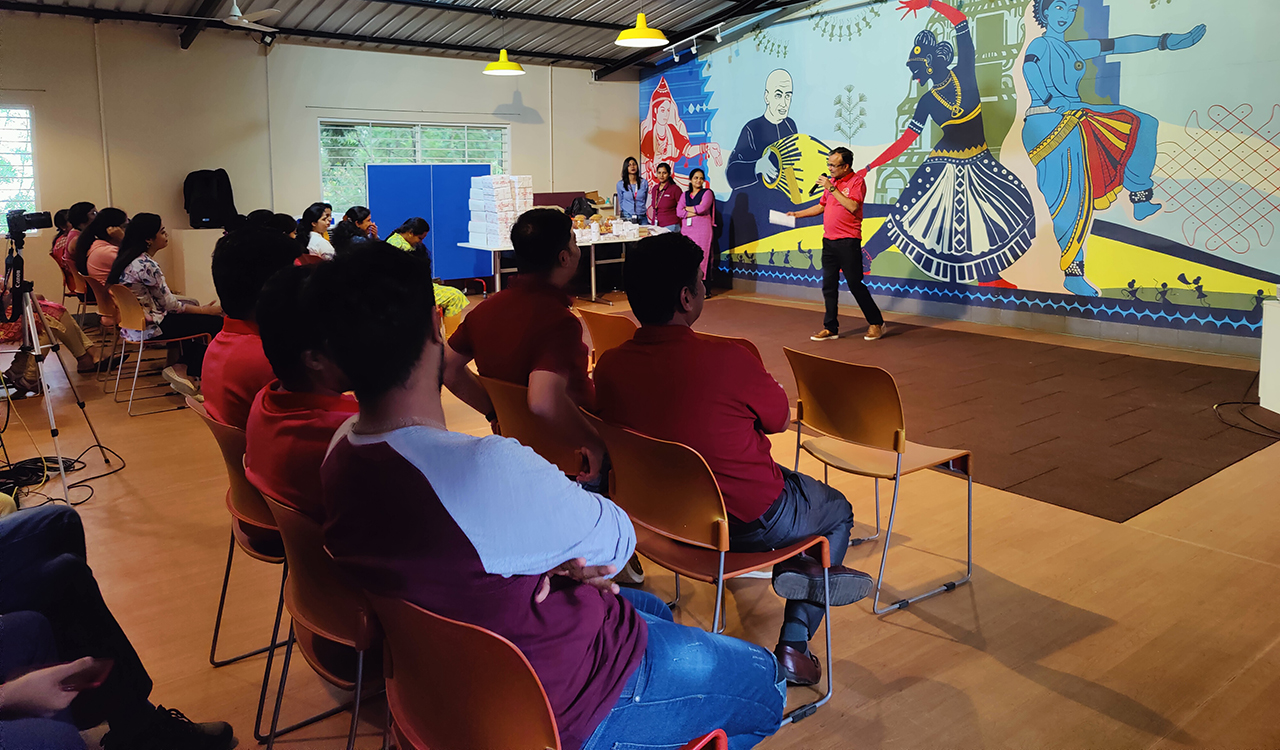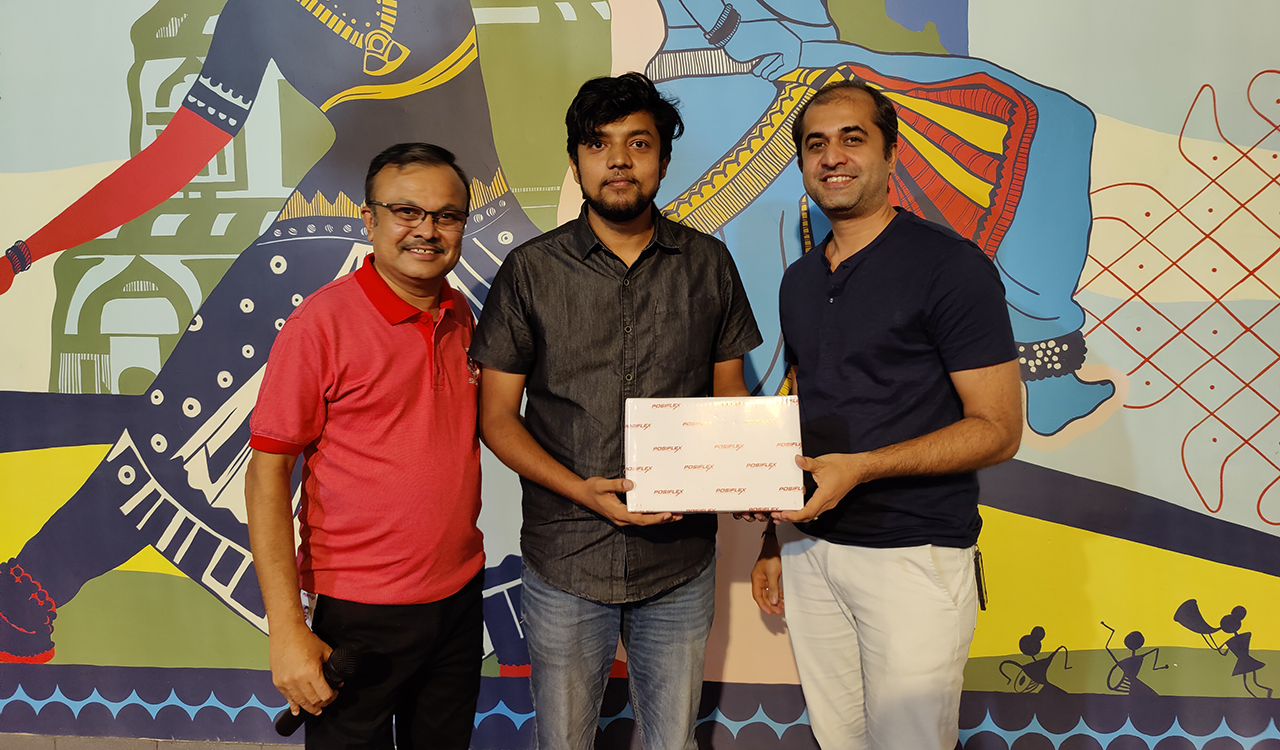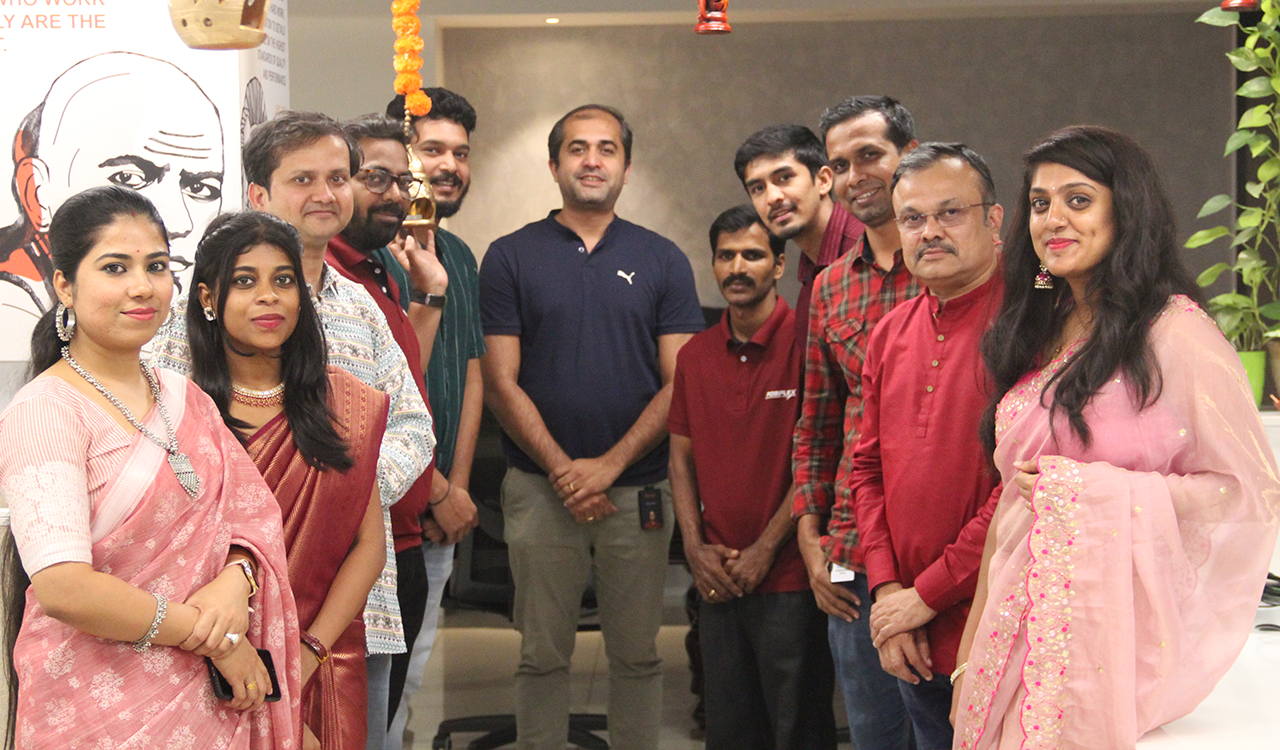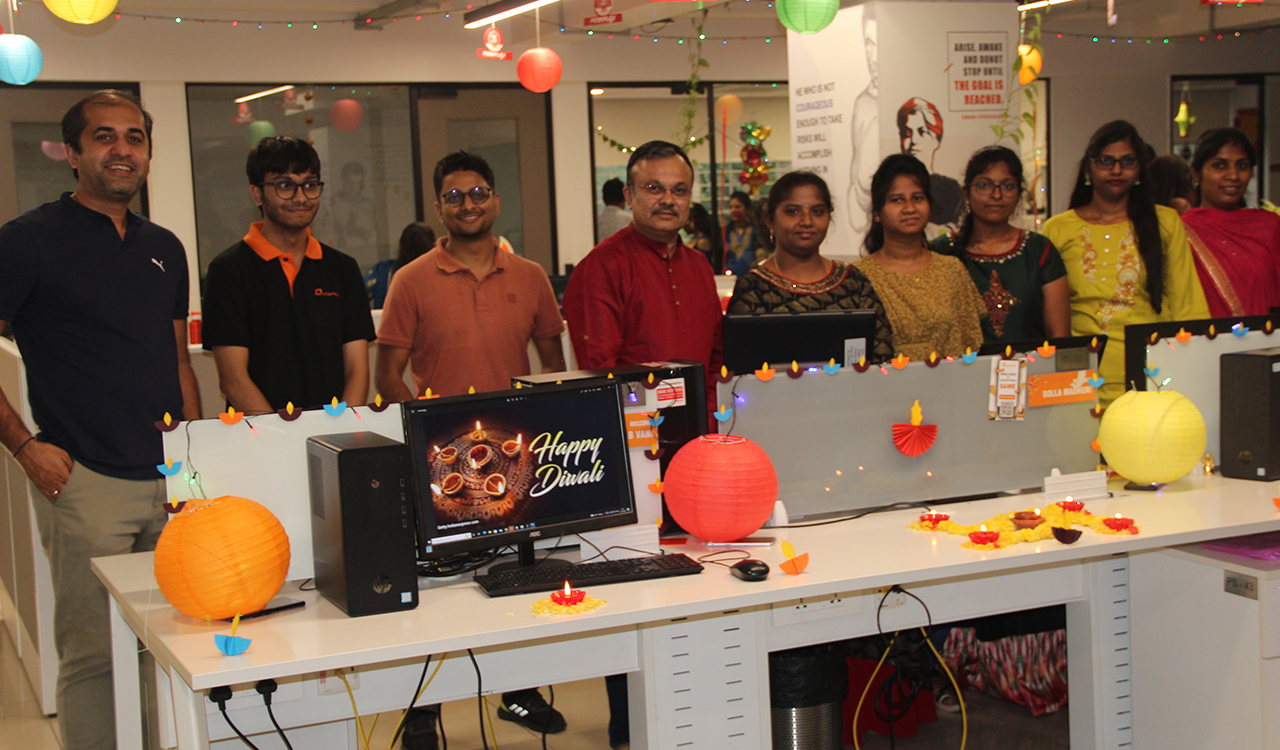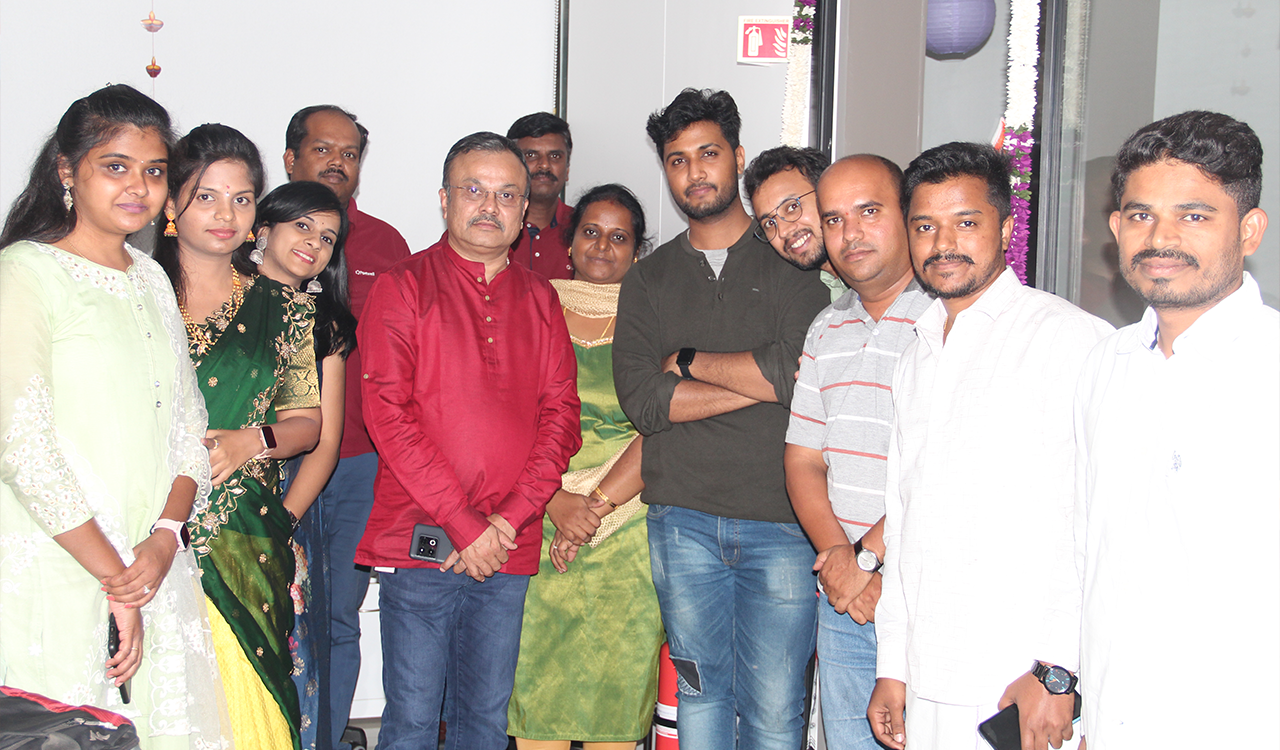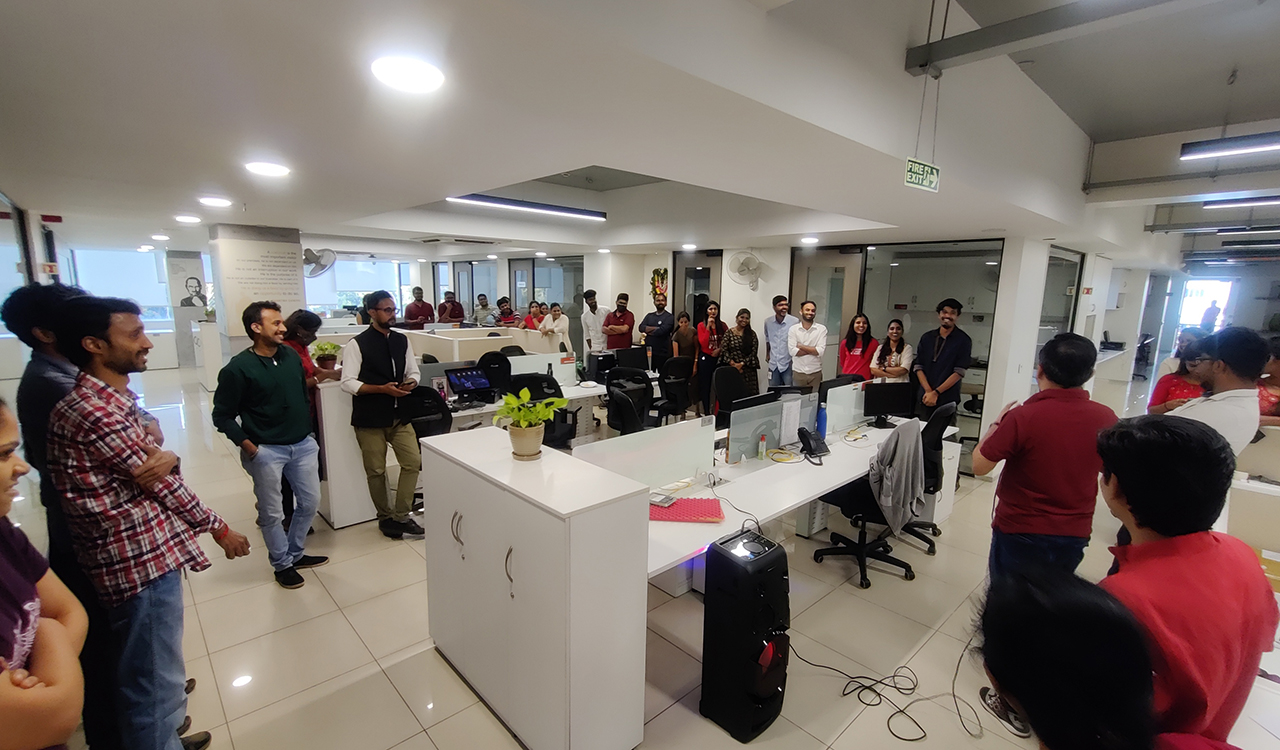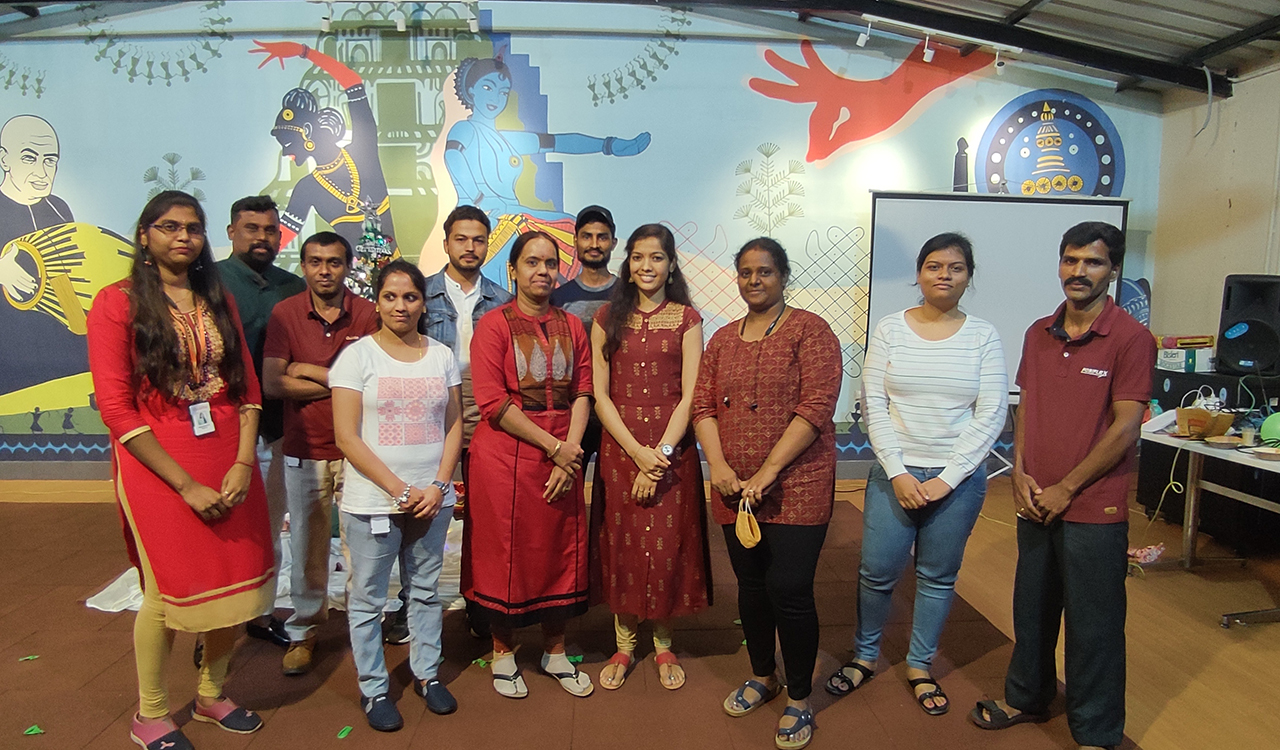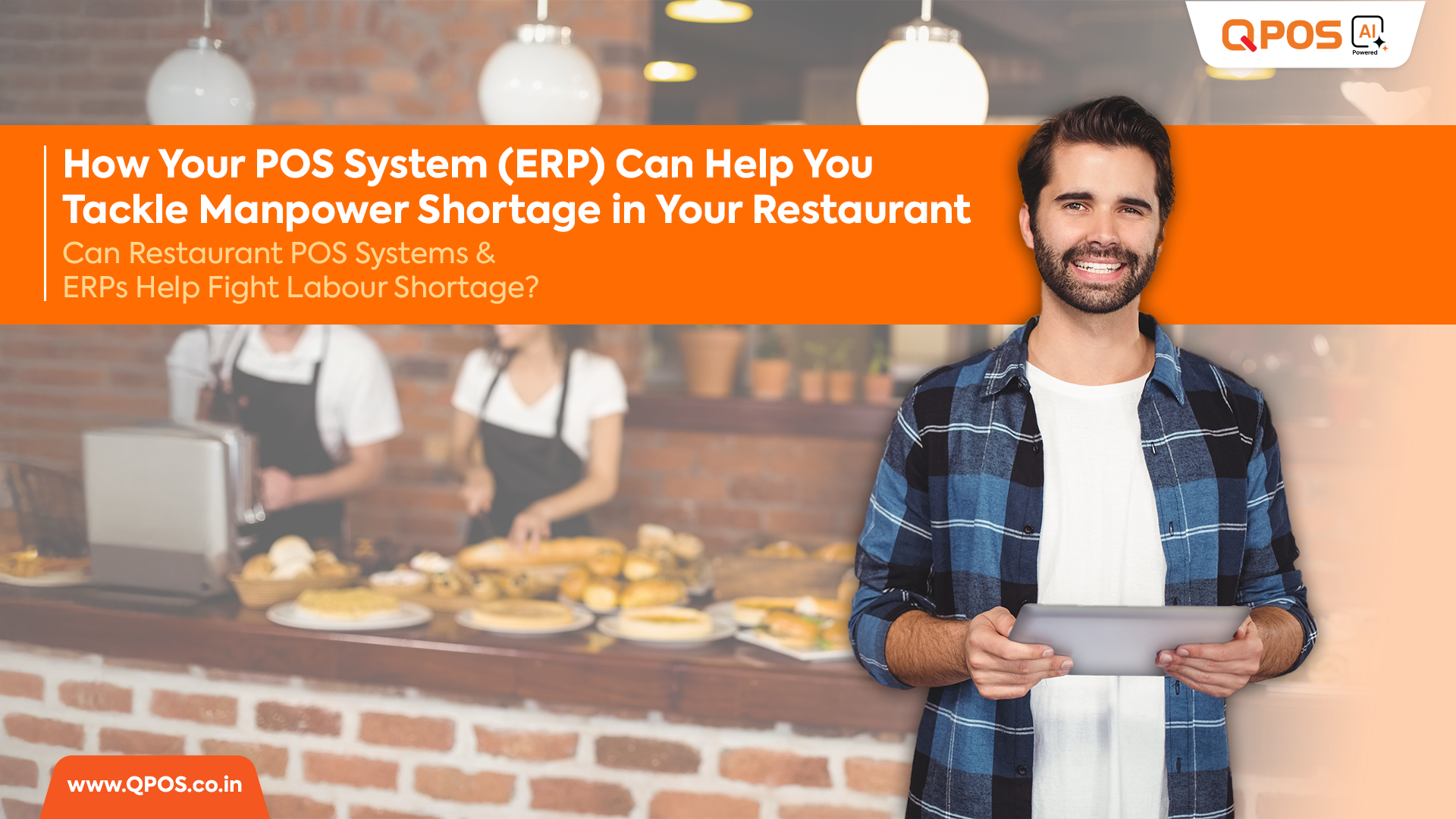
How Your POS System (ERP) Can Help You Tackle Manpower Shortage in Your Restaurant
From the restaurant industry? Or thinking of opening a restaurant? Here’s what you need to know about the workforce in the domain to ensure that your restaurant operations keep running, given the employee supply and demand.
Outlining the Restaurant Workforce Shortage Problem for Smooth Restaurant Operations
According to news reports from 2024, the hospitality industry in India, including the restaurant sector, has been experiencing an acute manpower shortage: approximately 20-25%. An article cited that long and odd working hours, largely involving physical work, and limited growth opportunities were the primary reasons fewer young professionals chose not to enter the domain compared to previous years.
In contrast to the increasing number of outlets and rising investments in the restaurant domain, the industry saw an all-time high attrition rate of 60% in 2023. In 2021 and 2022, the attrition rate was also steep, ranging between 50% and 55%, as stated in the article. Filling entry-level positions appeared to be a key challenge, contributing to about 50% of the attrition, and 44% of mid-level position holders remained open to a new job, suggesting manpower retention to be a major industry roadblock. These figures indicate a significant gap between the demand for workers and the number of individuals willing to stay with a business long-term.
Hiring for restaurant operations is easier said than done due to the skill gap and the high training expenses, for which low retention rates are at least partly responsible. Additionally, these jobs, particularly the front-of-house roles, which require direct interaction with local crowds, can be difficult for migrants due to a likely language barrier.
Thankfully, restaurant automation solutions, especially comprehensive restaurant management software with a robust restaurant POS system, can help restaurants combat the staff shortage.
Looking for an efficient restaurant ERP with an accurate restaurant POS system? Here’s What You Need
Discover How Holistic Restaurant POS Systems Help Tackle Challenges Surrounding Reduced Manpower
In the following sections, we will look at some of the manpower-heavy restaurant operations tasks that can be easily automated with the help of restaurant management systems, thereby improving employee experience to incentivise the staff to remain loyal to the business.
Inventory Management & the Role of Restaurant POS Systems in the ERP
Inventory management is one of the most laborious and time-consuming parts of running a well-oiled restaurant operation. However, the process, linked with key tasks such as procurement and accounting, can be prone to errors if completely carried out manually. Thus, restaurant management systems are vital for business data integrity.
The following pointers offer a breakdown of the different stages at which businesses handle inventory and how they can be simplified using ERP software with a robust restaurant POS system:
- At Procurement: Once the purchase order arrives at the restaurant’s cold storage, the newly arrived items are weighed and logged into the ERP with the help of a POS scale, which can directly send data to the centralised restaurant management software.
- Before Dish Preparation: It is a standard best practice to log the quantity of ingredients used in a preparation. This is done to track how the inventory is being used. With manual logging, the kitchen staff must repeatedly pause to write the final amount used in the order, thereby increasing customer wait time and hampering customer satisfaction. Much like inventory logging at procurement, this step can also be automated, leveraging a POS scale integrated with the restaurant ERP.
When the net ingredient list is automatically logged with the respective weight or quantity of the items, the chances of theft-driven shrinkage decrease, and so do the instances of misunderstanding between management and employees. Needless to say, employee satisfaction is positively linked with retention.
The ERP is also helpful in standardising the taste and quality of preparations at the outlet. The software often includes a recipe management module, which lists the quantity of ingredients used in each dish and can serve as a reference should the kitchen staff require it. In this way, the kitchen staff can ensure customer satisfaction while also upholding their performance level.
- During Audits: When a purchase order is received and weighed, batches of items are labelled with barcodes or QR codes indicating details such as ingredient type, shelf life, etc. By scanning the labels, quick or thorough audits are conducted to verify the quality and quantity of the stock items. Restaurant ERPs are helpful for label printing and uploading audit data into the business database.
The audit data can then be tallied against the procurement order and the amount of ingredients already used. This tally is critical to judge spoilage, spot theft-induced shrinkage, predict trends for procurement planning, and identify any inadvertent billing issues.
Leverage this ERP to simplify inventory management tasks in your restaurant operations! Discover To Know Details
Fast-Tracked Service & Table Management with QR Menus, Ordering Tablets, Kiosks, and ERP software
Facing a labour shortage? Or, want to run a lean team of restaurant workers? QR code menus, self-ordering kiosks, and ordering tablets are great solutions when operating with a small team. Here are the two key actions involved in table management and service:
- Placing Orders: ERPs with a smooth restaurant POS system can be installed on both kiosks and tablets. This allows for a KOT (Kitchen Order Ticket) to be directly generated on the Kitchen Display System or printed via a POS hardware-linked printer in the kitchen upon order placement. The KOT is simultaneously sent to the cashier, keeping every key stakeholder for order placement and billing updated.
The QR codes, on the other hand, can lead to a webpage, which is periodically updated based on the latest menu curated on the Menu Management module of the restaurant operations management software. Customers can also place the order through the webpage—yet another way of automating the ordering process.
- Table Service: Many restaurant management systems come with a waiter app, connected to the Table Management Module of the ERP. When placing the order in any of the automated methods mentioned above, the customers are often asked to mention their table number, which is also printed on the KOT.
In this manner, the Table Management module guides servers to the right table and helps them carry out their job more easily than ever, with fewer mix-ups, while delivering optimal customer satisfaction. Further, as the KOT automatically reaches the kitchen, even a small group of waiters can attend to more tables in a given time than they otherwise would, adding human warmth to the service and attending to guests frequently.
In terms of employee experience, the restaurant management software also saves front-of-house staff the trouble of delivering the KOT to the kitchen.
How Do ERPs with Efficient Restaurant POS Systems Improve Staff Management?
With a small workforce, effective staff management becomes a top priority for players in the restaurant industry. Staff management efforts, such as fair and competitive wages, including handsome overtime pay, and a smooth transition into the workflows with sufficient help from the management, can go a long way in sustaining a steady team.
The Staff Management module of Restaurant ERPs makes restaurant operations more suitable for a pleasant employee experience by:
- Automating payroll calculation and attendance/work hour recording for generating error-free payslips, which account for overtime, extra pay for working on off-days or unrestricted holidays, incentives, and tips paid online to the cashier, among other factors
- Scheduling optimised shifts, ensuring proper rest for the employees, fair rotation of shifts or flexibility for choosing desirable shifts, where applicable
- Conducting smooth onboarding and offboarding processes with well-documented training modules, helping employees hit the ground running without any hassle when they start the job
Discover: QPOS ERP Optimising Restaurant Operations for Tackling Labour Shortage
Overcome problems surrounding a lean workforce in the restaurant industry with QPOS ERP, which includes an advanced restaurant POS system! One of the most in-demand software in the market, catering specifically to the restaurant and F&B industry, QPOS can reduce employee labour. The software can help decrease this key contributor to the high attrition rate in the sector by automating key processes in restaurant operations, including:
- Inventory management
- Order placements and table management
- Staff Management
Transform your restaurant’s efficiency and workforce strategy with QPOS ERP, and contact our experts now to fast-track operation optimisation!


